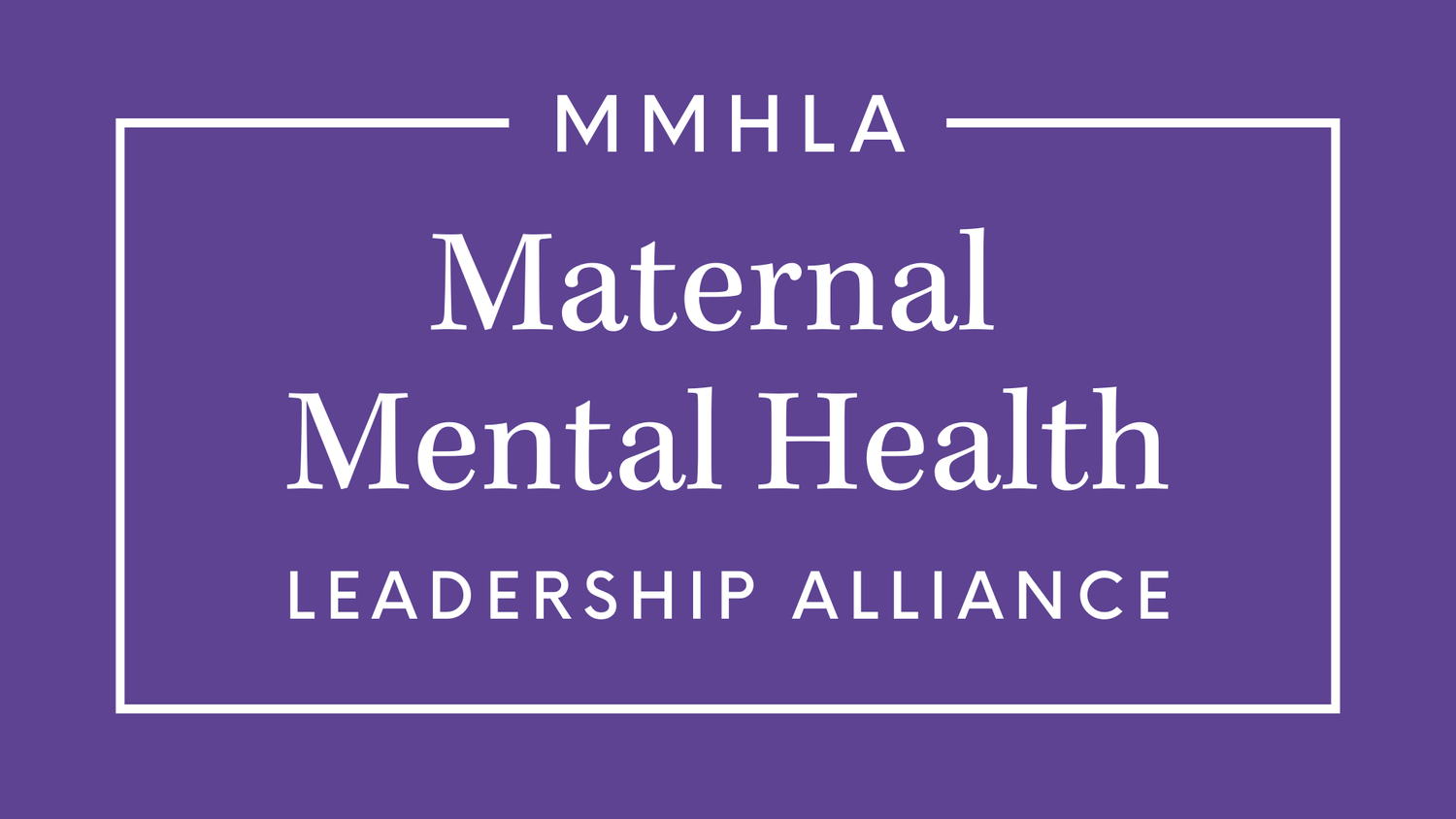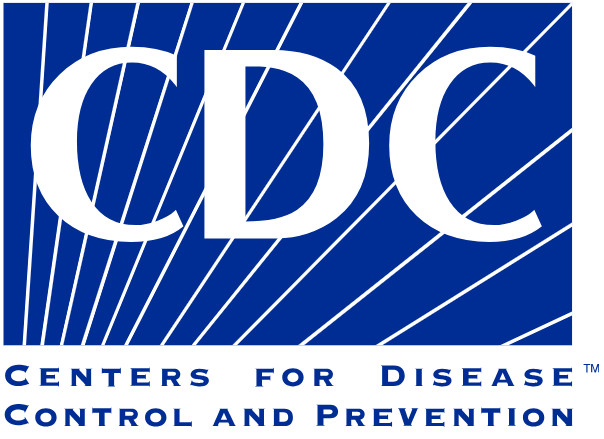Top 10 Research and Reports Shaping Maternal Mental Health Policy
Several reports and research published in the last year are shaping how MMHLA thinks about policies to best ensure all pregnant and postpartum people are educated about and screened for maternal mental health conditions. Here is our “go-to” list of recently-published important information in the field of maternal mental health policy.
How Paid Family Leave Can Address Maternal Health, Save Lives
By: The Center for Law and Social Policy (CLASP)
Publication date: May 2023
Takeaway: Parental leave can protect mothers against mental health concerns in the postpartum period.
This short article highlights how paid family leave can help address maternal mental health concerns. A review of 45 studies on paid leave found that paid leave of at least 2-3 months helped new parents by decreasing the risk of stress, reducing the number of depressive symptoms, and lowering rates of hospital admissions for mental health conditions.
Investing in Our Moms: Three Ways State Medicaid Programs Can Improve Maternal Health
By: Families USA
Publication Date: May 2023
Takeaway: This report identifies three impactful maternal health policy interventions available to states within Medicaid: establishing or expanding coverage for doulas; covering all midwives; and scaling up group prenatal care.
Medicaid offers a significant greatest opportunity to address maternal health given that 42% of births in the U.S. are financed by Medicaid. Many states are turning to Medicaid to launch or expand maternal health initiatives. This report outlines some of the drivers of poor maternal health outcomes and discuss how adding and expanding three key services through Medicaid can help.
Maternal Mental Health: An Urgent Priority. 30 Opportunities to Improve Maternal Mental Health and Promote Equity
By: Perigee Fund
Publication Date: December 2022
Takeaway: The report provides 30 recommendations for action in five areas of focus.
December 2022: This report summarizes input from a wide variety of experts from the fields of mental health, primary and pediatric health care, communications, racial equity, philanthropy and nonprofits, government and other disciplines. It also introduces the Funders for Maternal Mental Health, a collaboration of philanthropic funders who prioritize maternal mental health.
Maternal Mental Health Roadmap
By: Policy Center for Maternal Mental Health
Publication Date: May 2023
Takeaway: This report lists specific actions that both the federal government and state governments can take to address maternal mental health.
Addressing maternal mental health is the shared responsibility of federal and state policymakers, health care providers, hospitals, insurers, and communities. This report highlights specific actions that these players can take to prevent maternal mental health disorders and close gaps in care.
Perinatal Mental Health Education and Screening Project: Phase I Final Report
By: Maternal Mental Health Leadership Alliance and March of Dimes
Publication Date: December 2022
Takeaway: Pregnant and postpartum individuals should be educated about and screened for mental health conditions routinely throughout pregnancy and the first year following pregnancy.
The Perinatal Mental Health Education and Screening Project is a multi-year multi-disciplinary collaborative effort to ensure that all pregnant and postpartum people are educated about and screened for mental health conditions and have access to care. This report includes a framework focused on WHEN to provide patient education and screening about mental health conditions during pregnancy and first year following pregnancy. Subsequent work is addressing barriers to screening.
Maternal Mental Health State Report Cards
By: Policy Center for Maternal Mental Health
Publication Date: May 2023
Takeaway: According to these report cards, the U.S. is failing mothers – only scoring a D grade. Just one state received the highest grade of a B-, and 42 received Ds and Fs.
The inaugural Maternal Mental Health Report Cards provides the first-ever comprehensive view into the state of maternal mental health in America. The report card grades states in three domains: providers and programs; screening and screening reimbursement, and insurance coverage and payment. Up to three points are provided for each of the 17 measures within these domains.
Pregnancy-Related Deaths: Data from Maternal Mortality Review Committees in 36 US States, 2017-2019
By: Centers for Disease Control and Prevention (CDC)
Takeaway: Mental health conditions were the leading cause of death (22% of deaths), and 84% of deaths were determined to be preventable.
This report presents key findings from 1,018 pregnant-related deaths from 2017-2019. Data were collected from 36 states through Maternal Mortality Review Committees, which are multidisciplinary committees that convene at the state or local level to comprehensively review deaths during or within a year of pregnancy.
Prevalence of and Efforts to Screen and Treat Mental Health Conditions in Prenatal and Postpartum TRICARE Beneficiaries (GAO Report 22-105136)
By: U.S. Government Accountability Office
Publication Date: May 2022
Takeaway: Approximately 36% of TRICARE beneficiaries experience mental health conditions during the perinatal period; this is significantly higher than the rate among the general population, which is about 20%.
This report provides information about perinatal mental health conditions among TRICARE beneficiaries. TRICARE provides health care to more than 9 million eligible beneficiaries, including military servicemembers, their dependents, retired servicemembers, and guard and reserve members. GAO analyzed data for over 235,000 TRICARE beneficiaries from fiscal years 2017-2019.
White House Blueprint for Addressing The Maternal Health Crisis
By: The United States Government
Publication Date: June 2022
Takeaway: Addressing the maternal mortality crisis requires bold action through a whole-of-government strategy, including coordinated efforts from multiple agencies.
This Blueprint reflects the Biden Administration’s actions to address the maternal mortality crisis in the United States. It includes 50 specific actions organized around 5 goals to guide the federal government’s to improve maternal care, with the goal that the United States will be considered the best country in the world to have a baby.
Women, Gender, & Maternal Health Priority Topics in Medicaid: Results from National Survey and Focus Group
By: Institute for Medicaid Innovation
Publication Date: May 2023
Takeaway: All four stakeholder groups selected maternal mental health as the top priority area.
This Issue Brief shows the results of an online national survey using convenience sampling to four primary stakeholders: federal policymakers, state policymakers, Medicaid health plans, and national, state, and local leaders in women, gender, and maternal health. The survey asked individuals to identify, from their perspective, the most important topics in women, gender, and maternal health in relation to the Medicaid program. Respondents could select from 15 pre-identified topics and/or write-in new topics. This information will help guide discussions at a Medicaid policy summit in fall 2023.









